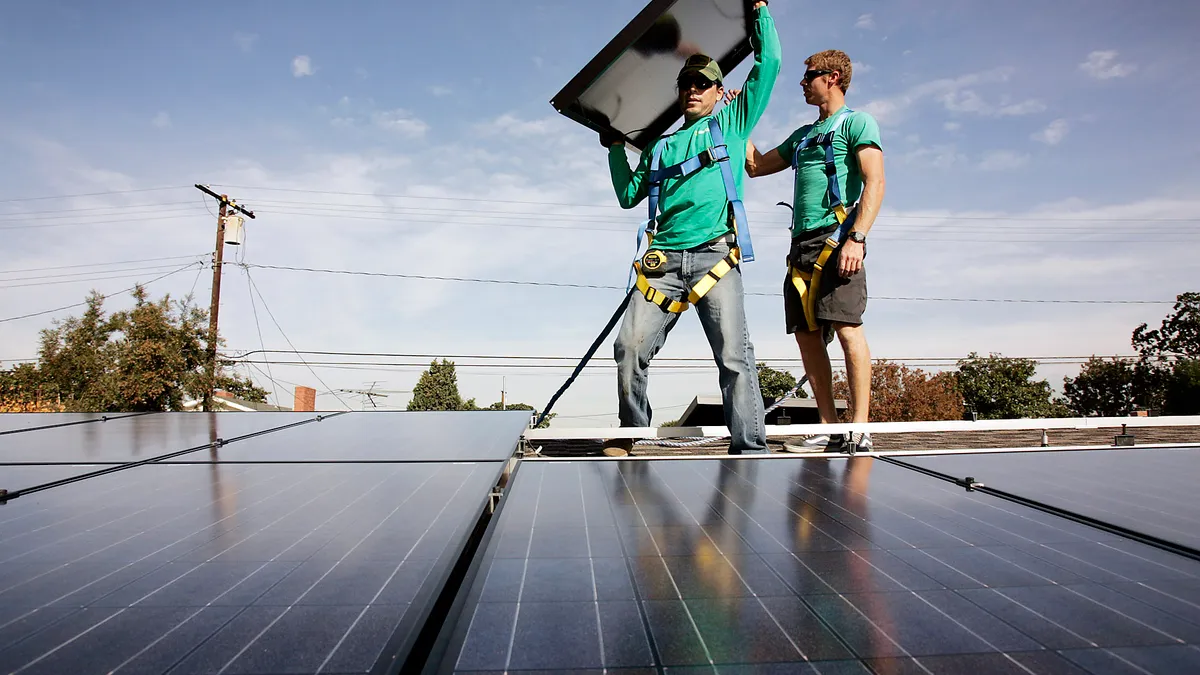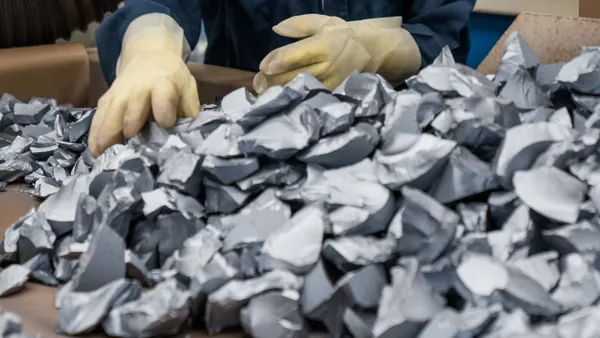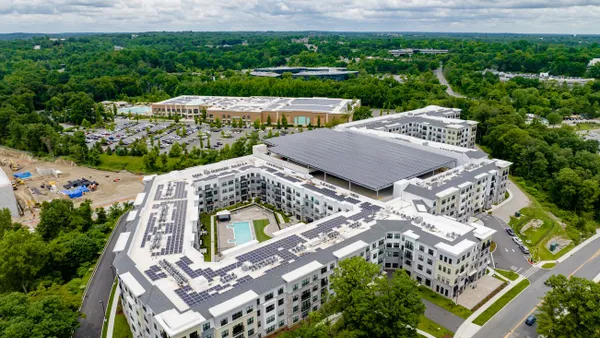Dive Brief:
- Pacific Gas & Electric and SolarCity, the largest residential solar installer in the country, have announced a new partnership to test how smart solar inverters and storage systems can bring stability and higher quality power to the grid.
- The pilot will tap up to 150 residential customers around San Jose, California, to be given a smart inverter and/or storage systems.
- SolarCity is also using the project to demonstrate how its grid services suite can aggregate distributed energy resources (DERs) to bid into power markets and provide services back to the grid.
Dive Insight:
SolarCity and PG&E announced their solar-plus-storage demonstration project as a way to assist the utility in optimizing grid operations.
"The demonstrations will evaluate how PG&E can enhance the stability and power quality of the grid and optimize solar generation and power-flow management through the coordinated use of distributed energy resources like solar with smart inverters and battery storage," the companies said in a Tuesday statement.
SolarCity’s grid services product suite, which leverages aggregated distributed energy resources, will provide voltage and reactive power support, dynamic capacity, and peak shaving. As part of the project, SolarCity will deploy aggregated DERs to provide PG&E with increased grid flexibility and control.
"The project will demonstrate how smart inverters and behind the meter battery storage can be coordinated by the utility to optimize electric distribution planning and operations," the companies said. The project is expected to begin in September and end in December 2017.
In June, energy storage and EV-leader Tesla made an offer to purchase SolarCity, valuing the installer between $2.5 billion and $3 billion.
Tesla already supplies SolarCity with storage solutions, and in a regulatory filing earlier this year Tesla revealed it would sell 168.5 MWh of storage systems to SolarCity this year — more than six times the amount it sold to the company in 2015.
Last year, SolarCity selected Tesla to install 13 MW (52 MWh) of Powerpack batteries at a 13 MW solar array on the Hawaiian island of Kauai. The companies tout the project as the first fully-dispatchabe solar PV system in the U.S.














